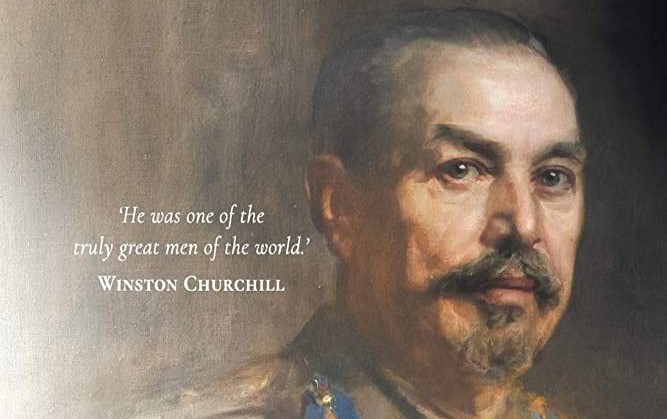South Africa's first prime minister: Who is Louis Botha?
One of the pioneers in ensuring state integrity in South Africa.

(1862-1919) South African soldier and statesman. He worked for the establishment of the Union of South Africa and became the country's first prime minister. He was born on September 27, 1862, near Greytown in Natal, South Africa. He died in Pretoria on 27 August 1919. He was the son of an Irish farming family (Voortrekker). Two British colonies at that time were in place of today's Republic of South Africa; There was the Colony of Natal and the Cape of Good Hope, and the republics of Orange and Transvaal, founded by Dutch farmers (Boers). Growing up in the Orange Republic, Botha studied at a German missionary school there.
Louis Botha (27 September 1862 – 27 August 1919) was a South African politician who was the first prime minister of the Union of South Africa – the forerunner of the modern South African state. A Boer war hero during the Second Boer War, he eventually fought to have South Africa become a British Dominion.
Botha helped found the New Republic in the Vryheid region of Zululand in 1884. When Zululand became a British colony in 1888, the New Republic was attached to the Transvaal. Entering politics, Botha was elected to the Transvaal Assembly in 1897.
The discovery of gold in the Transvaal had attracted many foreigners from the Cape of Good Hope Colony. These foreigners, called Uitlanders and mostly British, were heavily taxed and not given the right to vote. The British administration felt that Boer nationalism threatened British rule in South Africa, and the Boers believed they had to fight to maintain their independence. Thus began the Anglo-Boer War, which would last from 1889 to 1902.
Boer gangs captured Natal and Kap. They besieged Ladysmith, Kimberly, and Makefing. Botha, who fought in Dundee early in the war and served as General Lucas Meyer's adjutant, was skilled in military strategy, enabling him to replace Meyer. Bringing aid to save Ladysmith, General Redvers repelled Buller and defeated the British at Spion Kop and Vaalkrantz. When Piet Joubert, commander of the Transvaal armies, died in March 1900, Botha was appointed by President Paul Kruger. However, the Boer armies were still scattered as the British armies approached the Transvaal. Botha withstood the British for a few more months. However, in September 1900 Pretoria fell. The Boers and Botha did not accept that the war was over, and the gangs of men, women, and children continued to fight. The burning of farms and the deportation of people to concentration camps intimidated the Boer chiefs, and a peace treaty was signed with the British at Vereeniging on May 31, 1902, at the Boer's request.
In 1905 Botha and Smuts formed a Boer party called Het Volk (People) aimed at reconciliation and cooperation with the British. In 1907, the Transvaal was given the right to form its own government. Botha became prime minister. He was elected as the Prime Minister of the Union of South Africa, which was established on May 31, 1910, by the National Assembly, and continued this duty until his death.
Botha founded the South African Party in 1911, which combined the anti-imperialist parties of the Transvaal, the Orange Republic, and the Cape Colony. However, his conciliatory policy towards the British made his supporters uneasy. When James Hertzog wanted the Dutch and the British to have the same rights, he dissolved the government and formed a government without Hertzog. This led to a growing contradiction between the Dutch and the English. The contradictions became even more apparent when Botha accepted the British request to occupy the German-held South West from the Union of South Africa during World War I. 12,000 Boer nationalists revolted under the command of Christiaan Rudolf de Wet and Christiaan Beyers. Botha launched an organized war against the Germans after the uprising was suppressed. He was among the signatories of the Versailles Peace Treaty convened in 1919.
Like previous Voortrekker leaders, Botha pursued a policy of racial segregation, supporting Hertzog's bill in 1913 that banned the sale of land to blacks in white areas.
